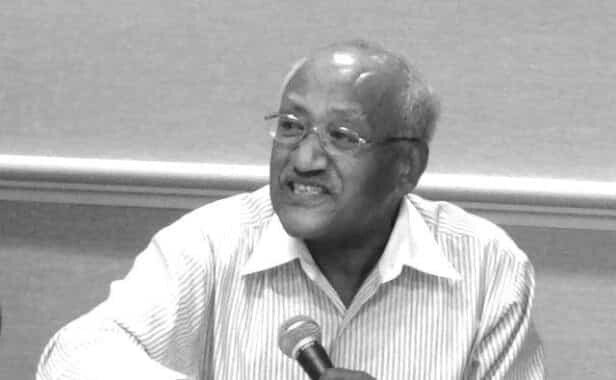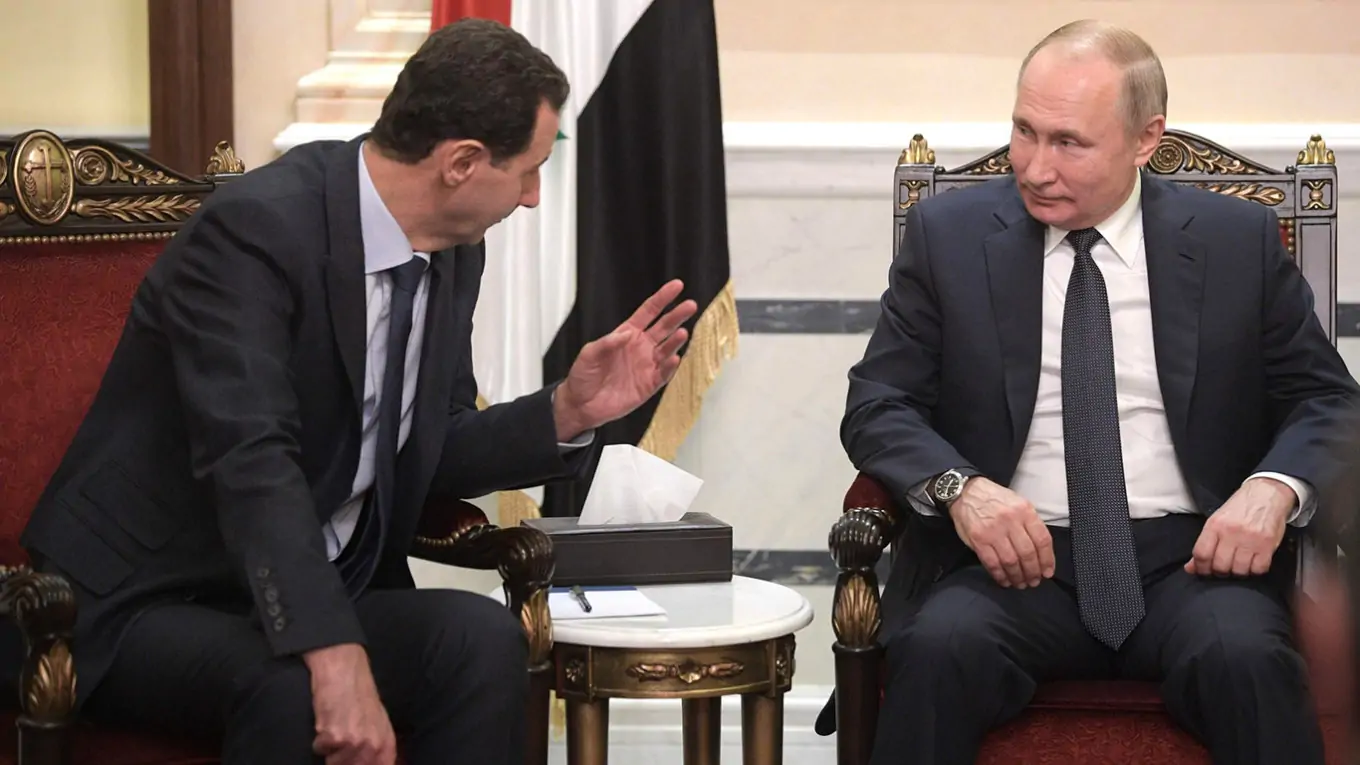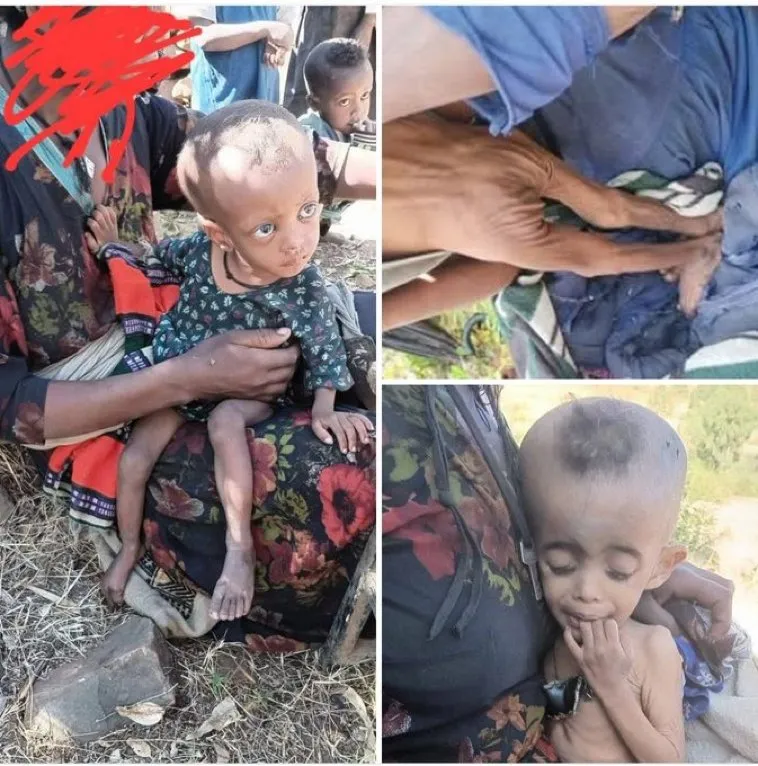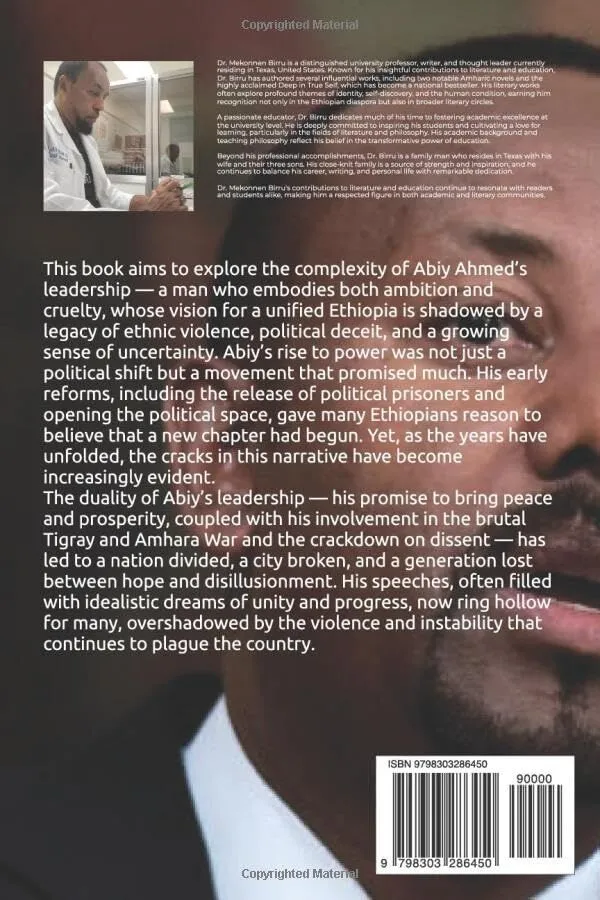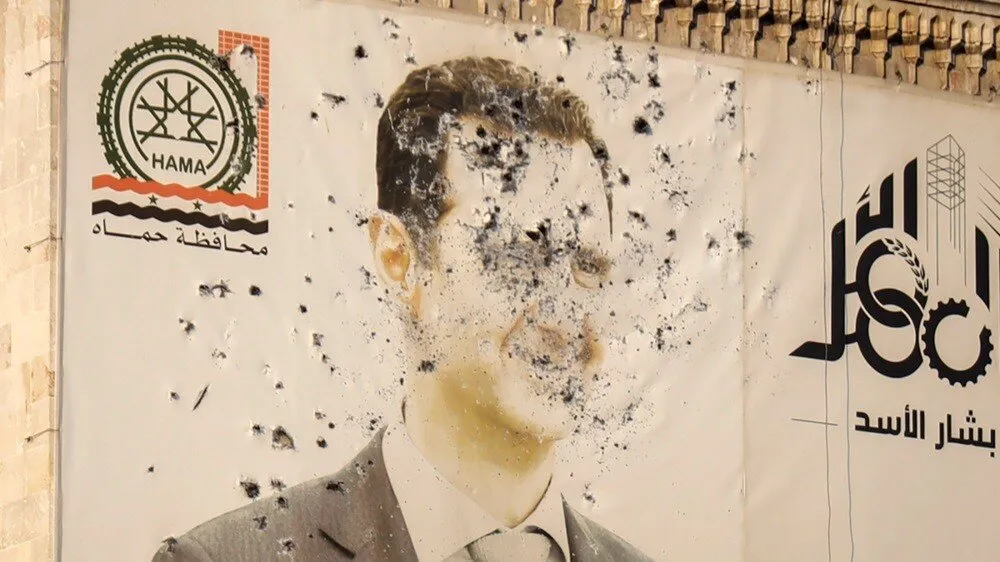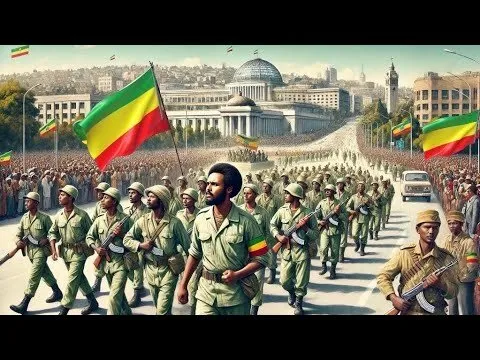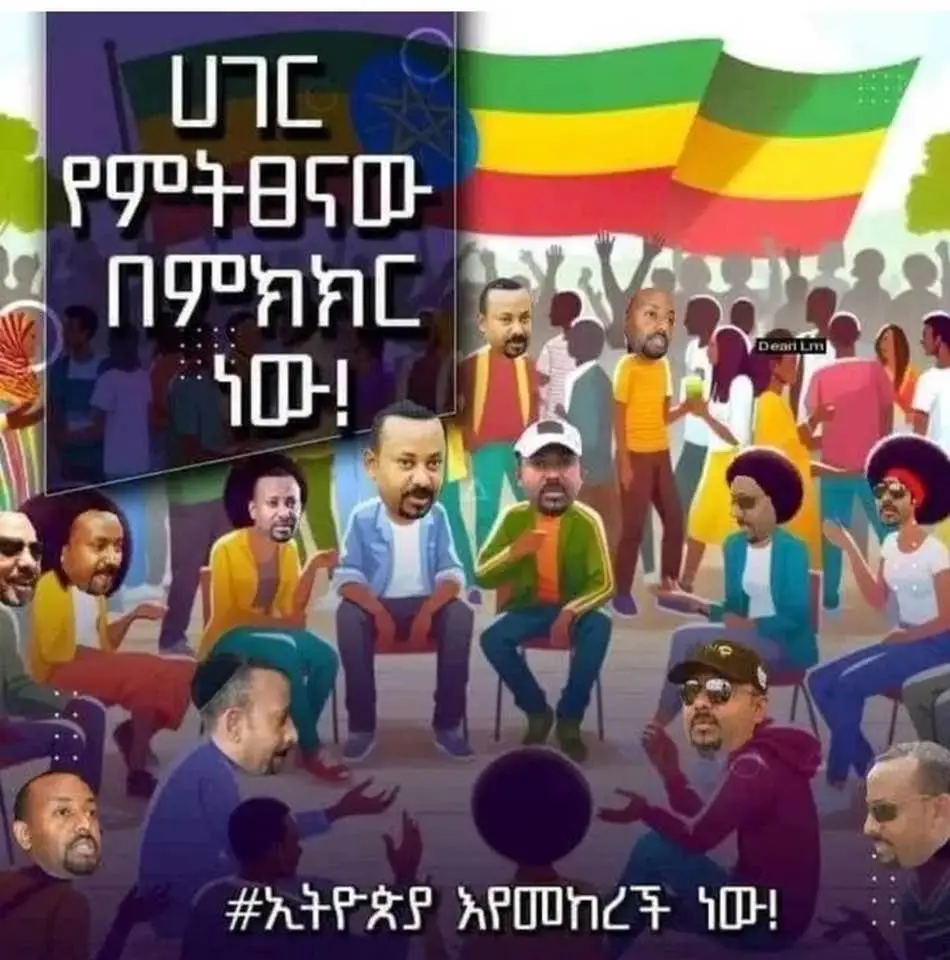
Amanuel Bagor
Following Ambassador Masinga’s public disclosure of US policy preferences, there has been substantial discussion regarding the potential and efectiveness of negotiations between FANO and Abiy’s regime. Numerous voices within the diaspora have suggested that FANO express a willingness to negotiate, emphasizing the importance of securing global support, viewing negotiation as the most viable path to ending the confict, acknowledging the absence of a defnitive victor in the current strife, and proposing that Prime Minister Abiy may be amenable to addressing Amhara demands to preserve political stability.
Understanding the practicality and utility of negotiation necessitates examining the primary cause of the war and the inherent characteristics of both warring parties.
It is ofen said, sometimes condescendingly, that FANO lacks a political cause and merely demands the right to life. However, the historical complexity of the issue reveals a more nuanced picture. Amharas have long inhabited a vast swath of Ethiopian territory, believing that every ethnic group has an equal claim to the land. Over the past 50 years, however, the marginalization and political exclusion of Amharas have steadily intensifed, reaching a peak in the last fve years. Despite being targeted, Amharas have historically refrained from embracing ethnic politics, advocating instead for addressing ethnic issues within the broader framework of the Ethiopian state.
The TPLF devised a constitutional arrangement that signifcantly undermined, irrespective of historical realities, the territorial claims of Amharas. Consequently, Amharas have sufered relentless persecution without any semblance of accountability. Demonizing, inciting violence, and propagating hate against Amharas occurred with impunity. In many parts of the country, being Amhara is enough of a vice to get one imprisoned, tortured, and arbitrarily killed.
In recent years, a disturbing trend has emerged wherein federal and regional high-ranking ofcials have played a signifcant role in orchestrating the mass displacement of Amharas from urban centers across the nation, accompanied by targeted acts of violence and the normalization of such atrocities. This unsetling development has resulted in a pervasive desensitization among the broader populace to the severity of these acts. While Abiy’s regime is a front-runner in terms of the magnitude and brutality of its actions, including the displacement, imprisonment, torture, and murder of Amharas, it is essential to acknowledge that it is not the sole perpetrator; other actors also contribute to the perpetuation of violence and oppression.
With great fervor, the TPLF seizes every opportunity to harm the Amharas, leaving a trail of devastation in its wake. Similarly, the OLA focuses its atacks on Amharas and their sympathizers in the Oromia regional state, causing widespread fear and sufering. The regional state of Benishangul witnesses the tragic loss of Amhara lives. Throughout the country, many Amharas endure humiliation, displacement from their jobs, loss of property, and numerous injustices.
These accumulated injustices have propelled many youths to join FANO, not as instruments of revenge, but as champions advocating for acknowledgment of the injustices they have endured and fostering a platorm for all Ethiopians to engage in dialogue for lasting peace. The FANO uprising was not a feint to get temporary relief amidst the decade-long slaughter; it stood as a desperate and unwavering endeavor to halt the violence permanently.
Abiy’s regime poses a signifcant threat to the survival of the Amhara people, yet it is not the sole perpetrator. This reality underscores the futility of restricting negotiations to solely involve Abiy’s regime and FANO. Such an approach fails to adequately address the fundamental question of the Amhara people’s right to life. Instead, it risks being perceived as merely a shif in the ongoing confict dynamics, one that Ethiopians are forced to endure.While the Amhara people have faced signifcant challenges and injustices, it’s important to acknowledge that other ethnic groups in Ethiopia have also experienced marginalization and oppression. The confict between FANO and Abiy’s regime is multifaceted, with various ethnic, political, and historical factors at play. Furthermore, it may be interpreted by other stakeholders as a pact against their interests. While a negotiated setlement with Abiy’s regime might reduce the risk of casualties from drone strikes, it cannot guarantee protection against the potential horrors unfolding in places like Walkait or Raya, which may fall victim to violence perpetrated by the TPLF. Similarly, such an agreement would ofer no refuge for residents of Ataye city from the brutalities inficted by the OLA, nor would it shield Metekel residents from the harrowing atrocities commited by various actors in that region, including reports of cannibalism.
On the other hand, the decentralized structure of FANO poses a signifcant challenge to the practicality of negotiations. Since its inception, FANO has been characterized by its highly decentralized nature, consisting of numerous armed groups united by the common goal of securing the right to life for all Amharas across Ethiopia. While they share this overarching objective, there is a lack of consensus regarding the specifcs of this goal. Even within areas under unifed command, such as Gondar and Wollo, cohesion is tenuous. Each of the four sub-regions maintains its unique organizational structure. However, what remains consistent is the reliance on voluntary contributions from local residents for logistical support. It is the society itself that sustains and reinforces FANO, providing it with sustenance, protection, and supplies.
Should any FANO leader express willingness to setle for anything less than an all-inclusive negotiation representing all Ethiopians, they would quickly lose favor with society. This would result in the loss of logistical support, rendering them unable to efectively represent any constituency. Abiy’s regime has consistently capitalized on any perceived alienation within FANO, ofen atributing it to divine intervention, further complicating the negotiation process. Therefore, negotiating solely with Abiy’s regime remains impractical due to the intertwined nature of FANO’s decentralized structure and Abiy’s deeply ingrained belief in divine ordination. Initiating negotiations without a comprehensive representation of the Ethiopians cause would risk undermining the legitimacy of any FANO organization.
Considering these realities, it is imperative for diaspora supporters of FANO to enhance communication eforts to beter illuminate the challenge we collectively face. It is crucial to avoid echoing the highly infated strength of FANO while acknowledging its signifcant improvement over the past 8 months. The uprising that started with decrepit old rifes and fewer soldiers now armed itself with fairly modern weapons and bolstered by increased numbers; although loosely, it started a path to unity of command; many non-Amharas sympathize with its cause. These developments all signal progress and work in FANO’s favor. However, we should not underestimate the weight of state power. The past 8 months have made it apparent Abiy can create frightul carnage- burying hundreds of unfortunate
civilians, and there is limited interventional intervention out of sheer humanitarian reasons. Primarily, Ethiopians across the country wield signifcant power to halt Abiy’s trajectory, which threatens to lead the nation into devastating consequences. FANO cannot risk losing their favor. Considering the three-decade-long state narrative against Amharas, even a hint of pride in FANO’s accomplishments, amidst an otherwise commendable struggle, may raise concerns among non-Amharas about the movement. When victory is within our grasp, it can be buried under the weight of hubris .Thus, eforts must be made to communicate to the general populace both the limitations of a two-party negotiation approach and the necessity for a more inclusive and efective solution to address Ethiopia’s complex challenges. Additionally, it’s essential to emphasize that FANO can play a constructive role in exerting pressure on the regime to consider such inclusive approaches.
It is crucial for the international community and friends of Ethiopia to lend their support to initiatives aimed at exerting pressure on and incentivizing Abiy to consider a transitional government where his party holds only one among many roles. Abiy’s capacity to wage war against his people must be gradually impeded through the comprehensive utilization of all available diplomatic, economic, and political tools within the arsenal of the
international community. Only through the active facilitation of a transitional government can Abiy efectively transition from a fgure of confict to a stabilizing force within the nation. Redirecting eforts towards pressuring FANO for a two-party negotiation with Abiy’s regime, even if successful, ofers litle utility beyond shifing the confict to other regions of the country. The escalating resentment and undercurrents of rebellion nationwide, compounded by economic stress, may soon erupt into widespread unrest, presenting a costly challenge for the region to manage. Failure to address these issues could plunge the country into an extended period of lawlessness and political upheaval. This juncture may represent the fnal opportunity for the international community to intervene efectively without the need for a military presence.
ሕዋት ቀስ በቀስ የብልጽግና አሽከር ለመሆን በጌታቸው መሪነት በፍጥነት እየዘመመ ነው
ጌቾ የአአ ጊዜያዊ አስተዳደርሪበሚመስል መልኩአአ ከትሟል አይፈረድበትም ጌቾ ከትግራይ ጋ ምንም የሚያገናኝ ነገር የለውም ቅልጥያለ አማራነውpic.twitter.com/vl3hacJbHI— Gee (@GEwnetou) June 2, 2024
ቀጥቃጩ @AbiyAhmedAli እና ተቀጥቃጩ @reda_getachew እንኳን ለnational dialogue በሰላም አደረሳቹ pic.twitter.com/mcCI2cW9AH
— ነብዩ (@neby_G) June 2, 2024

